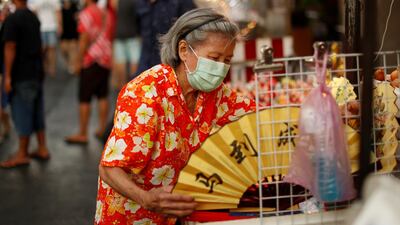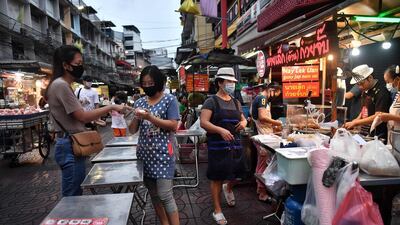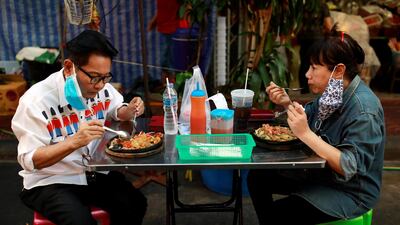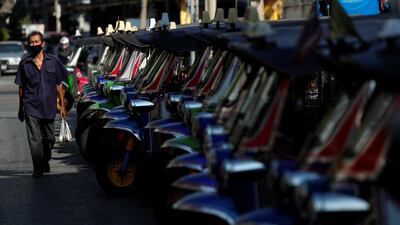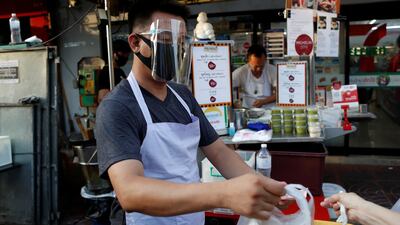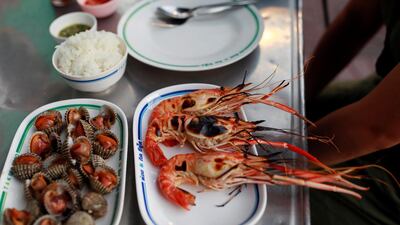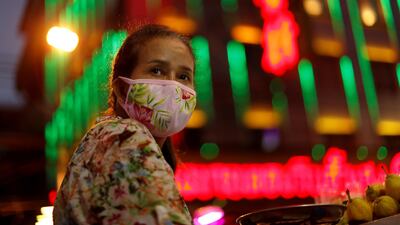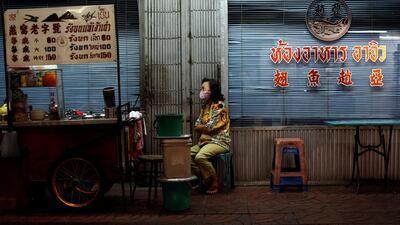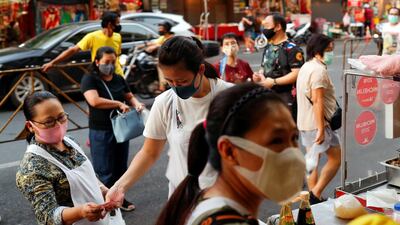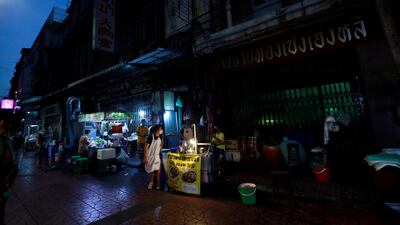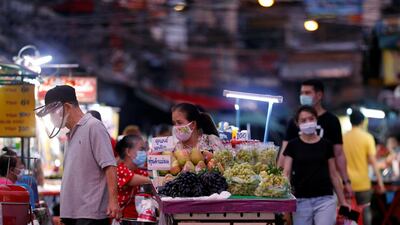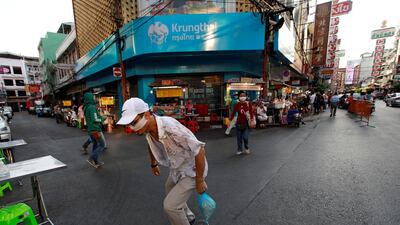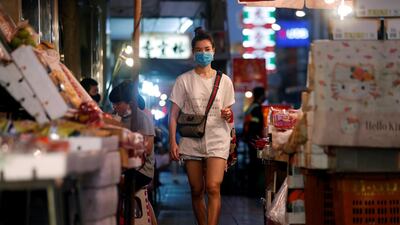As coronavirus cases in Thailand continue to fall, authorities have eased restrictions and relaxed lockdown rules.
Food stalls and restaurants outside of shopping malls are now allowed to reopen, a measure that has seen life return to Bangkok’s typically bustling Chinatown
One of the Thai capital’s oldest and most-visited regions, Yaowarat as Chinatown is known, is listed as a must-do on nearly every guidebook about the city. Until this week, its myriad food stalls, restaurants, markets and hawkers could only serve takeaway or delivery food. With restrictions eased, eateries are once again welcoming dine-in customers, albeit with social distancing rules in place.
Customers and staff must wear masks, tables need to be spaced apart and there’s a limit on how many people can dine-in at one time. There is also a 10pm curfew in place until the end of May, so Chinatown’s bars, night markets and live music venues will need to bide their time a little longer. Despite the restrictions, Chinatown has started to breathe again.
New life for an old neighbourhood
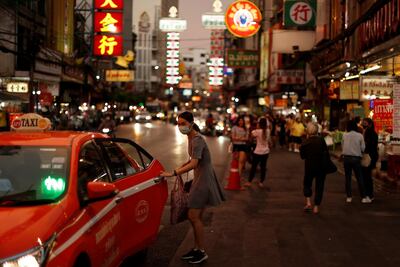
Founded in 1782, Yaowarat is one of the world’s oldest and most authentic Chinese communities outside of China. It’s also the busiest neighbourhood in the Thai capital.
Crammed with temples, markets, street food stalls and cultural landmarks, Chinatown sits between the Chao Phraya River and the Krung Kasem Canal. Of the 22.7 million visitors that Bangkok welcomes every year, a huge majority have a trip to Yaowarat include somewhere on their itineraries.
With international passenger flights to Thailand suspended until the end of the month, Chinatown is relying on locals and domestic visitors to help it move slowly back to normality.
Thailand's response to Covid-19
Thai authorities have also relaxed regulations in other sectors including allowing markets, small shops, parks, outdoor sports facilities, barbers and pet groomers to resume trade.
The country saw a peak of Covid-19 cases in January, but new cases have dropped off in the past few weeks. At last count, Thailand had 2,987 confirmed infections and 54 confirmed deaths.
